This pub is closed permanently. Your nearest Wetherspoon pub: The Railway Bell, Barnet
This pub is in the Borough of Hertsmere and takes its name from the ‘hart’ and ‘spool’ featured in the authority’s coat of arms. The hart symbolises the name Hertsmere (which means the Hertfordshire boundary), while the spool represents the area’s film industry.
Photographs of MGM Film Studios – the British Hollywood.
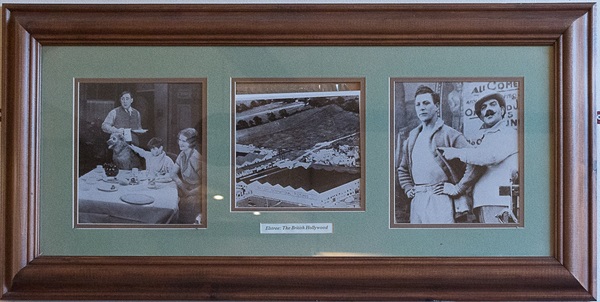
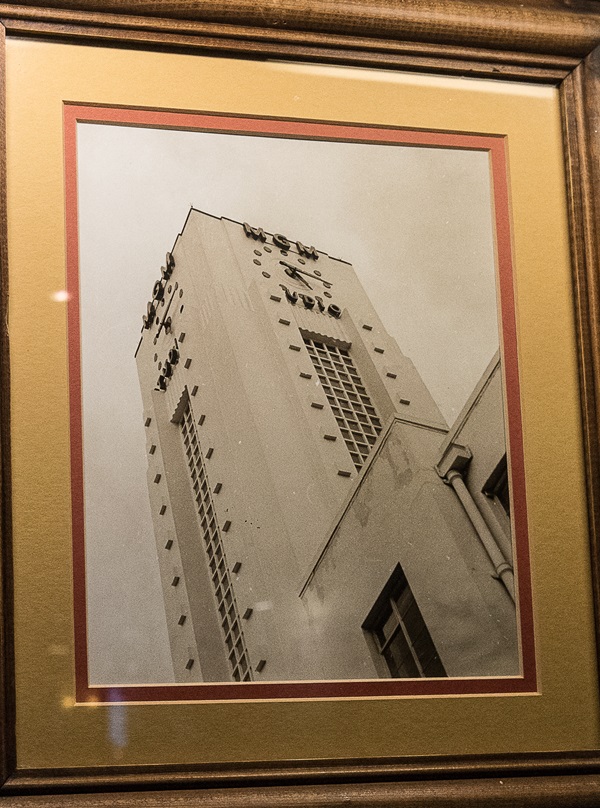
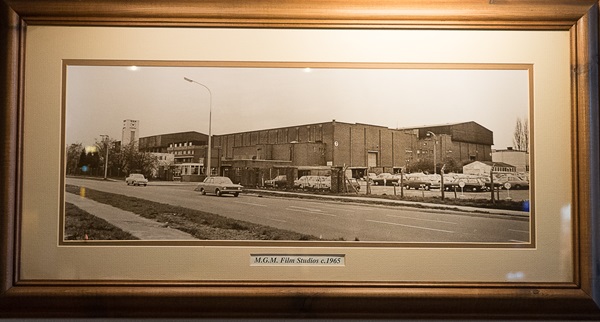
A photograph and text about Gene Kelly.
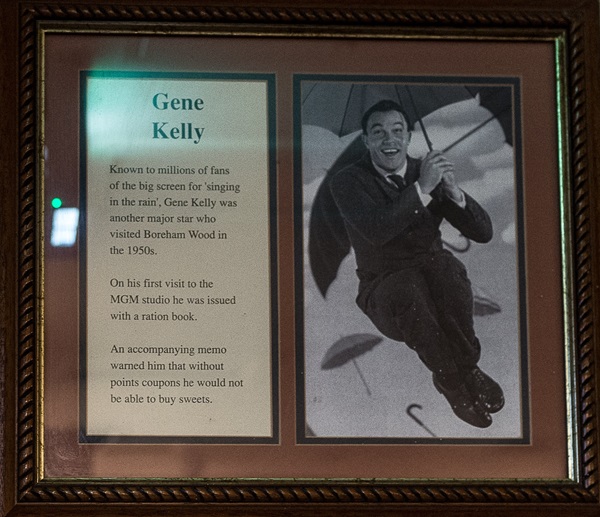
The text reads: Known to millions of fans of the big screen for ‘singing in the rain’, Gene Kelly was another major star who visited Borehamwood in the 1950s. In his first visit to MGM studio he was issued with a ration book.
An accompanying memo warned him that without points coupons he would not be able to buy sweets.
An illustration and text about development in Borehamwood.
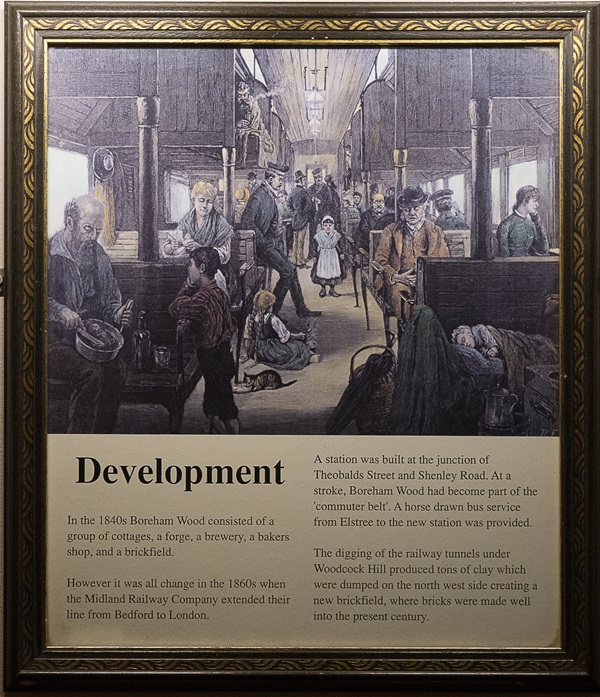
The text reads: In the 1840s Borehamwood consisted of a group of cottages, a forge, a brewery, a bakers shop, and a brickfield.
However it was all changed in the 1860s when the Midland Railway Company extended their line from Bedford to London.
A station was built at the junction of Theobalds Street and Shenley Road. At a stroke, Borehamwood had become part of the ‘commuter belt’. A horse drawn bus service from Elstree to the new station was provided.
The digging of the railway tunnels under Woodcock Hill produced tons of clay which were dumped on the north west side creating a new brickfield, where bricks were made well into the present century.
An illustration and text about the local brewery.
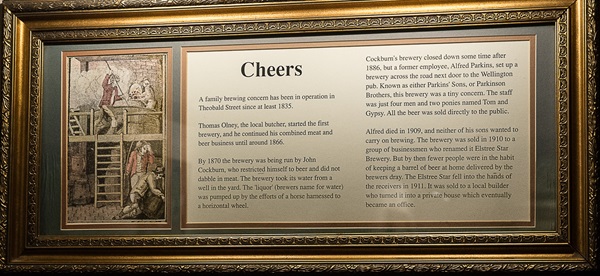
The text reads: A family brewing concern has been in operation in Theobald street since at least 1835.
Thomas Olney, the local butcher, started the first brewery, and he continued his combined meat and beer business until around 1866.
By 1870 the brewery was being run by John Cockburn, who restricted himself to beer and did not dabble in meat. The brewery took its water from a well in the yard. The ‘liquor’ (brewers name for water) was pumped up by the efforts of horse harnessed to a horizontal wheel.
Cockburn’s brewery closed down some time after 1886, but a former employee, Alfred Parkins, set up a brewery across the road next door to the Wellington pub. Known as either Parkins Sons, or Parkinson Brothers. This brewery was a tiny concern. The staff were just four men and two ponies named Tom and Gypsy. All the beer was sold directly to the public.
Alfred died in 1909, and neither of his sons wanted to carry on brewing. The brewery was sold in 1910 to a group of businessmen who renamed it Elstree Star Brewery. But by then fewer people were in the habit of keeping a barrel of beer at home delivered by the brewers dray. The Elstree star fell into the hands of the receivers in 1911. It was sold to a local builder who turned it into a private house which eventually became an office.
A photograph of Shenley Road, c1960.
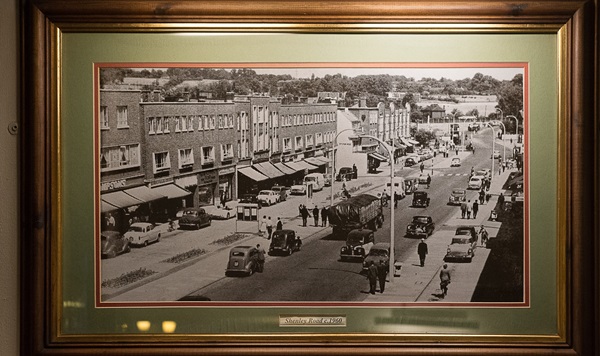
A photograph of Shenley Road, showing All Saints Church, c1935.
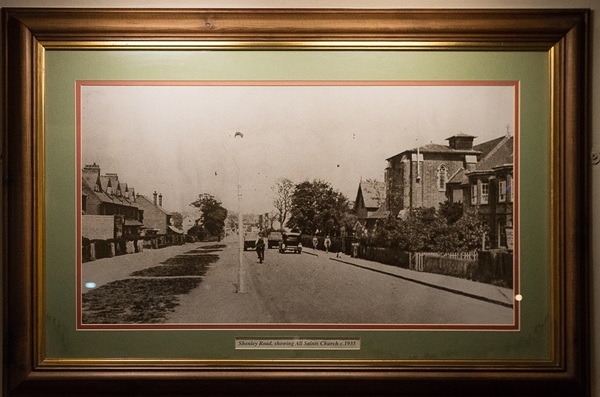
A photograph of Borehamwood village, c1900.
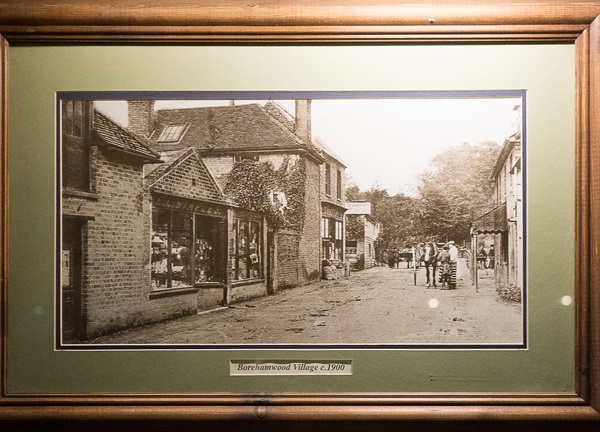
A photograph of Shenley Road, c1905.
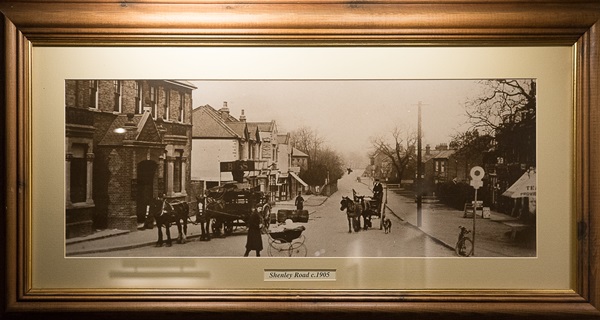
External photograph of the building – main entrance.
If you have information on the history of this pub, then we’d like you to share it with us. Please e-mail all information to: pubhistories@jdwetherspoon.co.uk